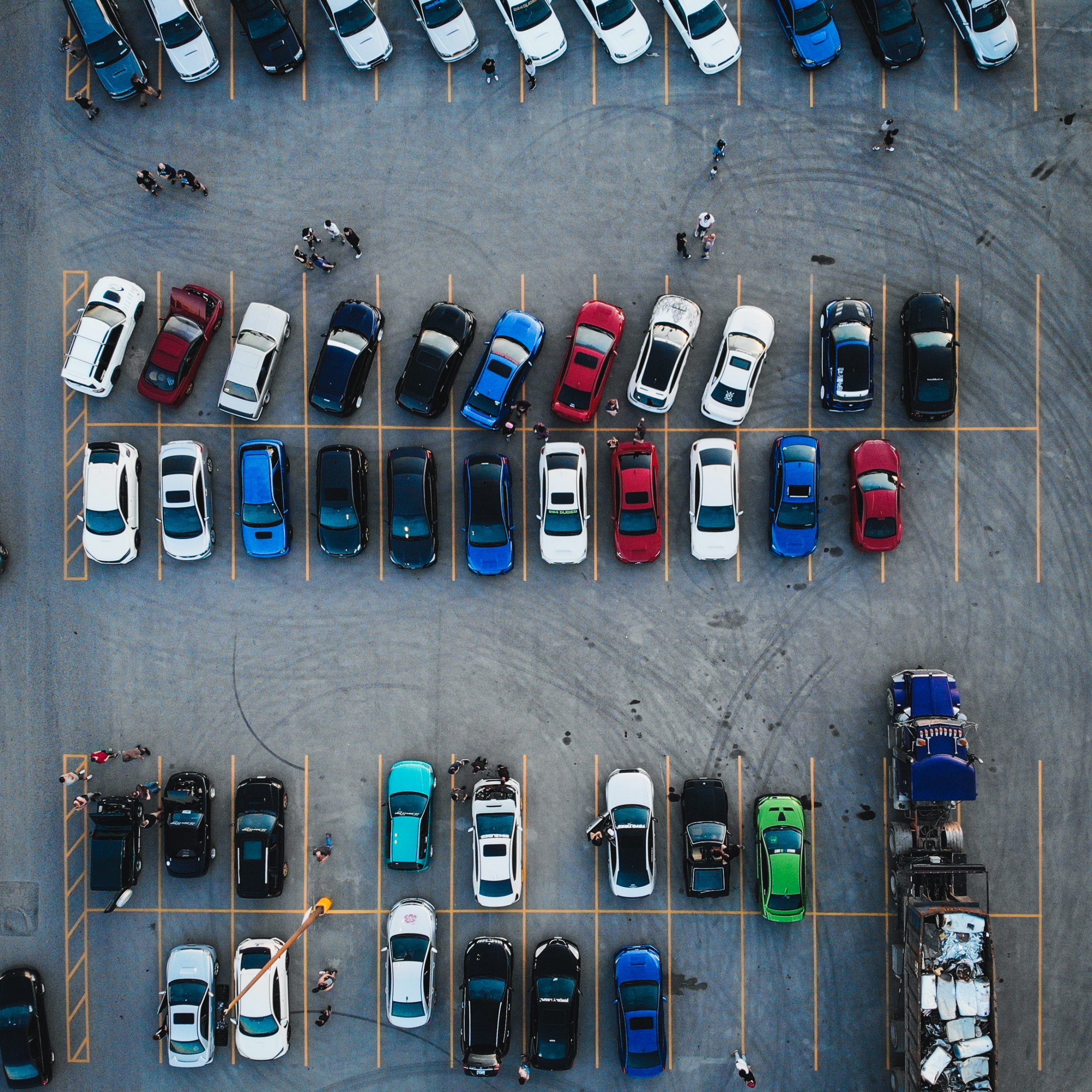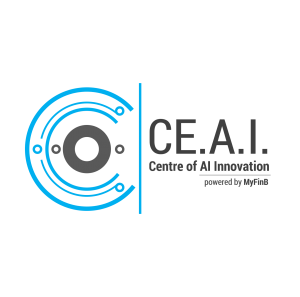Thanks to the application of an artificial intelligence (AI)-empowered roadside electronic toll collection (ETC) system, China’s capital city Beijing has seen significant improvement in the efficiency of parking fee collection, turnover of roadside parking spots, order in roadside parking, as well as traffic congestion.
As the city further deepens its roadside parking reform, the ETC system has almost covered all the roadside parking spaces in the city, with the proportion of vehicles parked on roads using the system exceeding 90 percent.
With the AI-empowered system, drivers can park their vehicles at the parking spots on the roadside, and then pay the parking charge via their mobile phones after they drive away.
“This road used to be full of cars, and even the normal lanes were occupied. You could hardly move a bit during the morning and evening commute time,” recalled a citizen surnamed Wang, who lives in Chaoyang district of Beijing.
“Since the summer of 2019, roadside ETC devices have been installed here. With all the cars being parked in designated parking spots on the roadside, the road now seems brighter and wider,” Wang said.
The smart roadside ETC system “AIpark Sky Eye” adopted by Beijing is developed, operated, and maintained by AIpark, a Beijing-based leading smart parking solution provider.
The company’s intelligent system has brought into full play the advantages of AI technologies and effectively addressed the shortage of parking spaces and the problem of irregular parking in cities. The system has therefore been listed among the country’s innovation projects that integrate AI deeply into the real economy in 2018 by China’s Ministry of Industry and Information Technology (MIIT).
Traditional parking management equipment and monitoring devices have failed to meet the actual needs of cities due to limited application scenarios and technical capacity. There are many deficiencies in traditional parking systems. For example, magnetic devices cannot identify detailed information about vehicles; each video monitoring pile can only cover one parking spot; and manual collection of parking fees costs too much.
Such problems don’t exist in smart machines. The “AIpark Sky Eye” system boasts strong stability and high recognition rate. Besides, it can resist the interference of extreme weather conditions like rain, snow, and fog, and form complete graphic evidence based on wheel path of vehicles.
Each set of cameras of the “AIpark Sky Eye” system can monitor multiple parking spots at the same time for 24 hours a day. The data collected by front-end cameras are processed using multi-dimensional deep learning algorithm before they are uploaded on to an AI computing cloud platform for data enrichment. The platform then distributes identification results to transport authorities.
The most distinctive innovation in the technological package of the system is precision brought about by high-mounted parking system cameras, according to Xiang Yanping, senior vice president of AIpark, noting that the cameras can recognize more complex static and dynamic reality scenes.
“For example, the equipment can accurately identify irregular parking behaviors and state such as double parking and frequent maneuvers, precisely recognize detailed information including plate number and vehicle color, and make good judgment on the behaviors of drivers and pedestrians,” Xiang said.
Once the high-mounted parking system cameras are installed, they can help with many aspects of integrated urban governance, which represents another advantage of the “AIpark Sky Eye” system.
Besides managing parking fee collection, high-mounted camera system can also provide data for traffic improvements. The snapshots obtained from the camera system can help solve problems including illegal and inappropriate parking and vehicle theft.
So far, the smart ETC system of AIpark has been introduced into more than 20 cities in China, signaling increasingly important roles of AI in improving parking efficiency and order as well as new development opportunities for smart parking industry.
Source: People’s Daily


